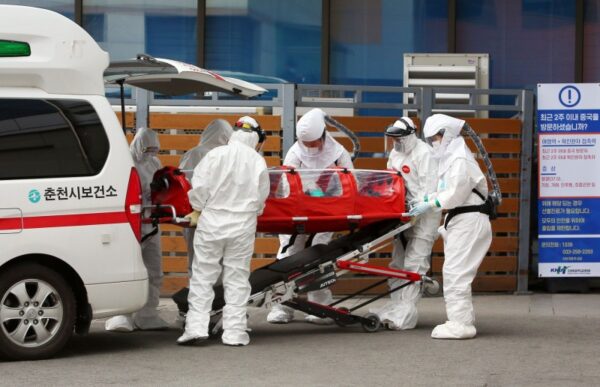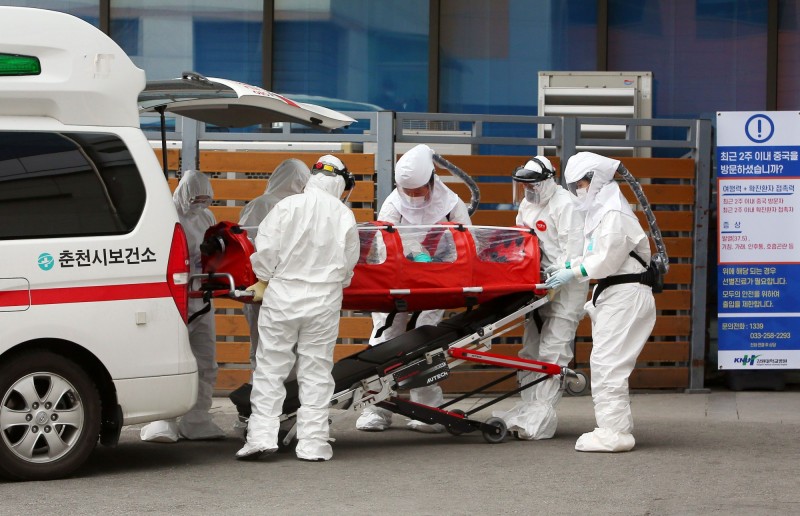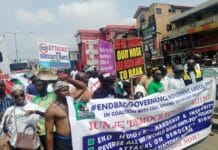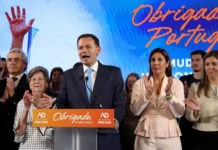South Korea has relied on testing and tracking instead of lockdowns
Franz Neuhold (ISA Austria)
Almost no government has reacted in time, and with a clearly focused strategy for managing the COVID-19 crisis. Only one, South Korea, appears to have acted promptly. The rest were very late in acting. The warning signs have been clear for at least seven years!
So how has South Korea managed to suppress the first wave of the epidemic? Since the SARS related MERS outbreak in 2015, the country has conducted civil protection exercises, and from the start of the COVID-19 epidemic it has carried out mass testing, tracing and case isolation. So far, there have been no lockdowns in South Korea.
The 2015 outbreak of the MERS-virus, itself a coronavirus, posed a severe threat on the Korean Peninsula. Following it, decisions were made to develop a civil protection plan and prepare for further epidemics in the future. A procedure was installed which led to faster tests, higher capacities for the development of tests for new viruses and the speeding up of their approval-procedure. In total, 47 drive-through-stations were built, where tests are offered at no charge.

By early April, South Korea had carried out 431,743 tests, that’s 1 in every 119 people. By comparison the US, which only recently stepped up testing, had tested 1 in every 273 people.
Wide-scale testing allows for the development of a map of infections with a good overview of clusters, which is critical if the crisis is to be managed effectively. As importantly, preparations were made and the necessary capacities were built before the outbreak. In addition, civil protection exercises and information campaigns were launched to raise the level of awareness. As early as December 2019, a big civil protection exercise was held. Of course, such an exercise, which means a day away from work, affects companies’ profits. However, the government deemed this acceptable in return for the later payback.
The higher level of awareness in large parts of the population is certainly a factor, as it increases confidence in the dependability of actions being taken, especially amongst trained professionals. As a result, it was later sufficient for the government to just call for ‘social distancing’. The population, to a large degree cooperated, not needing to be coerced. In fact, the example of South Korea does not support any of the arguments of those – including most governments in Europe and America – who have jumped on the bandwagon of lockdowns and need for “bold leaders”.
According to South Korea’s Center for Disease Control and Prevention, by the end of March in the city of Daegu alone, 121 healthcare workers had been confirmed with the virus, although over a third of these had been connected to the Shincheonji religious sect, whose irresponsible actions have led to the infection of over 5000 people. At the same time medical staff face the same problems as their colleagues in other countries – after years of financial cutbacks a shortage of staff, leading to a severe overload on those working, leading to stress and burn-out.
The potential to conduct wide-scale testing and for the virological/scientific adaption of tests to deal with a new virus exists in many countries. The main limitations to research and testing capacities are market forces and capitalist national egoism. This is also the case at other levels, including vaccine-research and protective gear. Any government that tells us there is not enough testing capability is lying. The truth is they haven’t done the right things to make it available. Governments knew about the potential for a pandemic to develop in January but failed to take the necessary measures.
By sticking to market principles there is, of course, no chance of dealing effectively with a crisis of such proportions. This is already recognised by several governments who are taking piecemeal measures to order companies to change production lines, and even taking some into public ownership. But piecemeal measures are too little, too late. Any degree of profit-driven decision making during such a pandemic is undermining a rapid response and collective preparations.
International cooperation, based on the planning of all economies, is needed to prepare for, and act during epidemic/pandemic challenges. This requires the maximum involvement in decision making of working people that run society on the ground, the cooperation of health services and potential patients, and the transparent and publically owned conduct of scientific research. Emergency and radical changes in legislation concerning patents and scientific research are needed, so they no longer protect the profits of the pharmaceutical industry, but enable them to be used for the benefit of all mankind. Never before has the need for genuine workers’ governments been so apparent.
Such an approach demonstrates that today’s draconic measures such as lockdowns are caused by the fact that governments are clueless and to blame for gross mismanagement. Like a drunken driver they grip the steering wheel tightly, trying to convey the superficial impression that they are in control.
Of course, there are other important questions arising from South Korea’s strategy, especially regarding democracy, civil rights and data protection. The highly problematic use of face recognition and movement tracking is alarming many people. In other countries such as China and Russia, these methods are widely used for political control. Such technology cannot be neutral.
Under capitalism there is always a real danger that modern technology is used to undermine democratic and civil rights. If the use of methods such as face recognition or mobile phone data in contact tracing are indispensable in fighting the pandemic, then question of who controls the data and how it is protected from abuse is of paramount importance. Socialists demand democratic control over mass communications technology by workers’ organisations and elected committees, just as we say all emergency pandemic measures should be under full democratic control instead of granting ruling elites and police even potentially authoritarian powers.




